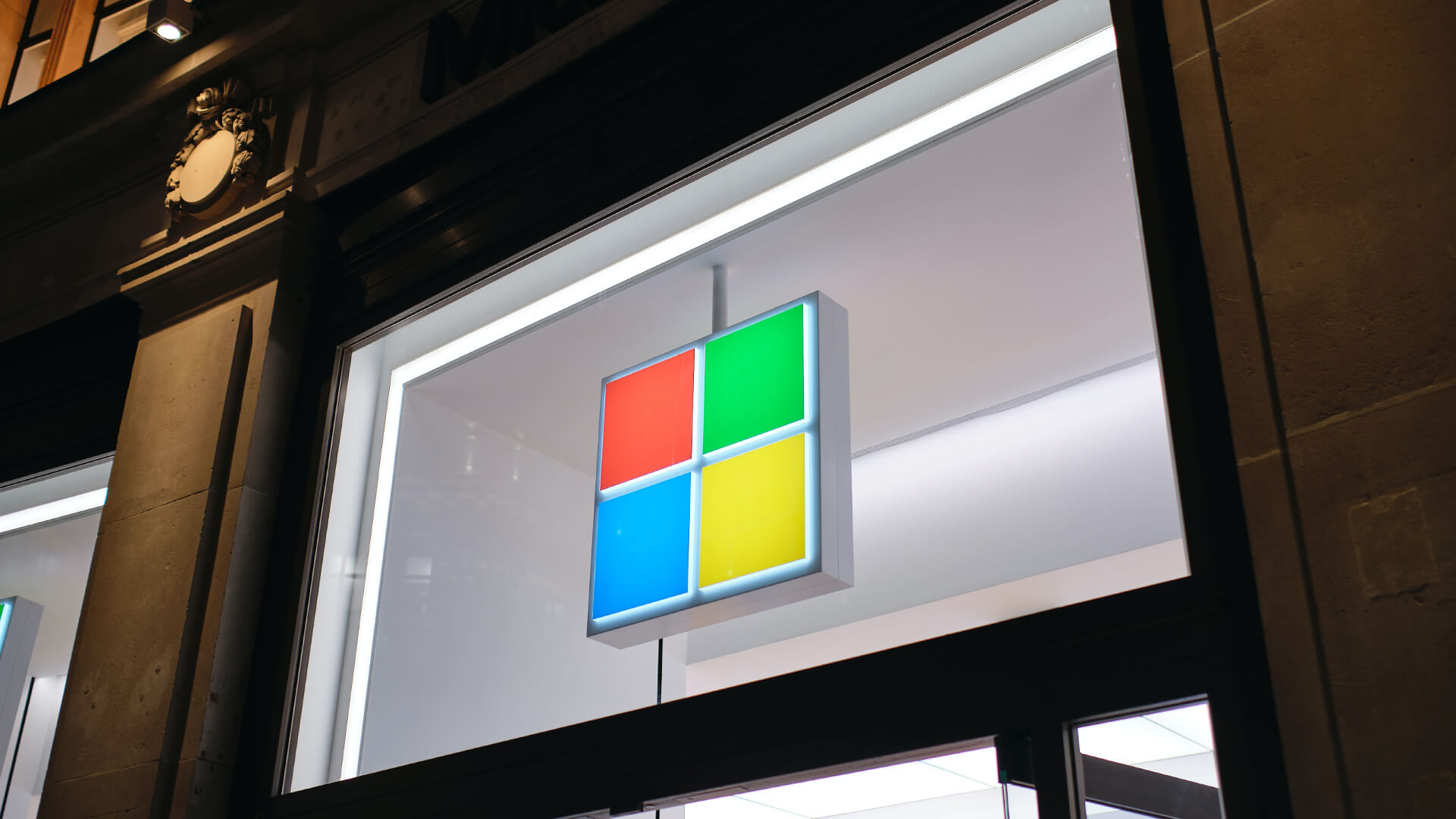Microsoft hints at debuting its first AI chip at Ignite 2023 amidst cost concerns
Explore how Microsoft might debut its AI chip at Ignite 2023, a strategic move amidst the NVIDIA GPU shortage, potentially paving a profitable path in the competitive AI tech arena.

Come November, the tech world will turn its eyes towards Microsoft’s annual developer conference, Ignite 2023, slated to be held in Seattle from November 14 to November 17. Though tickets to the in-person event have already sold out, the virtual doors remain wide open for those keen on tuning into the keynotes online from November 15 to November 16.
Anticipating Microsoft’s bold move into AI hardware
In a landscape where the demand for AI technology burges, Microsoft might be gearing up to make a pivotal move. Sources suggest the company could unveil its maiden dedicated artificial intelligence chip during Ignite 2023. This chip is expected to find its home in Microsoft’s data centre servers, thereby boosting AI capabilities across its suite of productivity apps.
This speculation has been fuelled further by Microsoft’s detailed agenda for the event, which outlines a dedicated interactive session shining a spotlight on its latest AI innovation, among other topics.
The rumour started churning faster after Microsoft amplified its alliance with OpenAI through a multi-billion dollar investment. Since then, the firm has been focusing substantially on AI technology and its advancements.
Navigating through the NVIDIA GPU shortage
The upswing in AI adoption has led to a surging demand for GPUs, with NVIDIA being a prime supplier. However, NVIDIA finds itself in troubled waters, struggling to cater to the soaring demand, leading to a GPU shortage. This bottleneck could threaten Microsoft’s initial venture into AI technology, potentially affecting its profitability.
The report by The Information underlines that despite the GPU crunch, Microsoft will continue its procurement of NVIDIA GPUs. Yet, the company’s venture into creating its own AI chip could serve as a linchpin for circumventing the GPU supply issue and bolstering its standing against tech behemoths like Amazon and Google, which have their own dedicated AI chips.
Using its AI chip, Microsoft could carve out a more lucrative trajectory for its AI technology endeavours while simultaneously levelling the playing field in a fiercely competitive market.
















